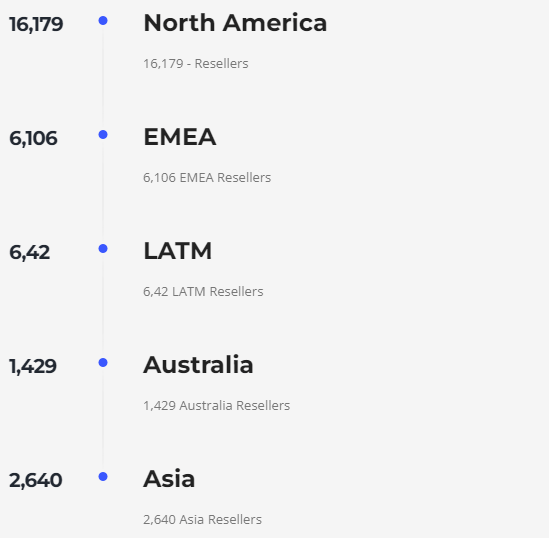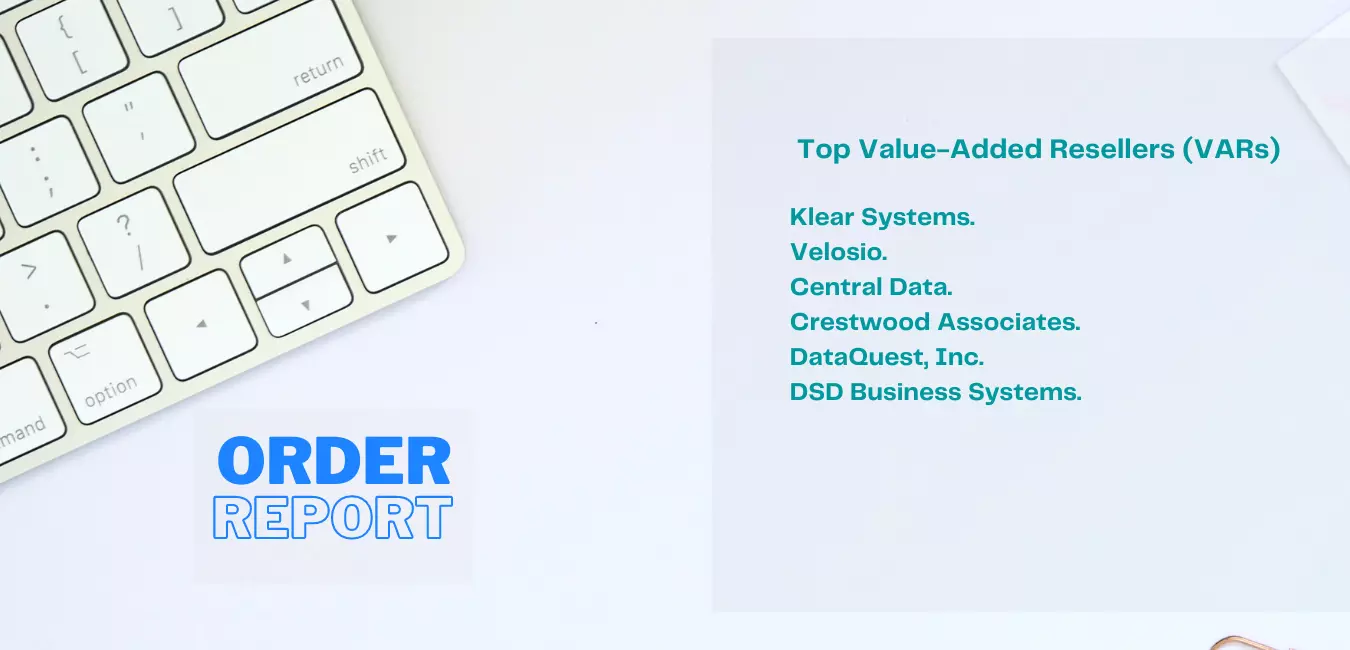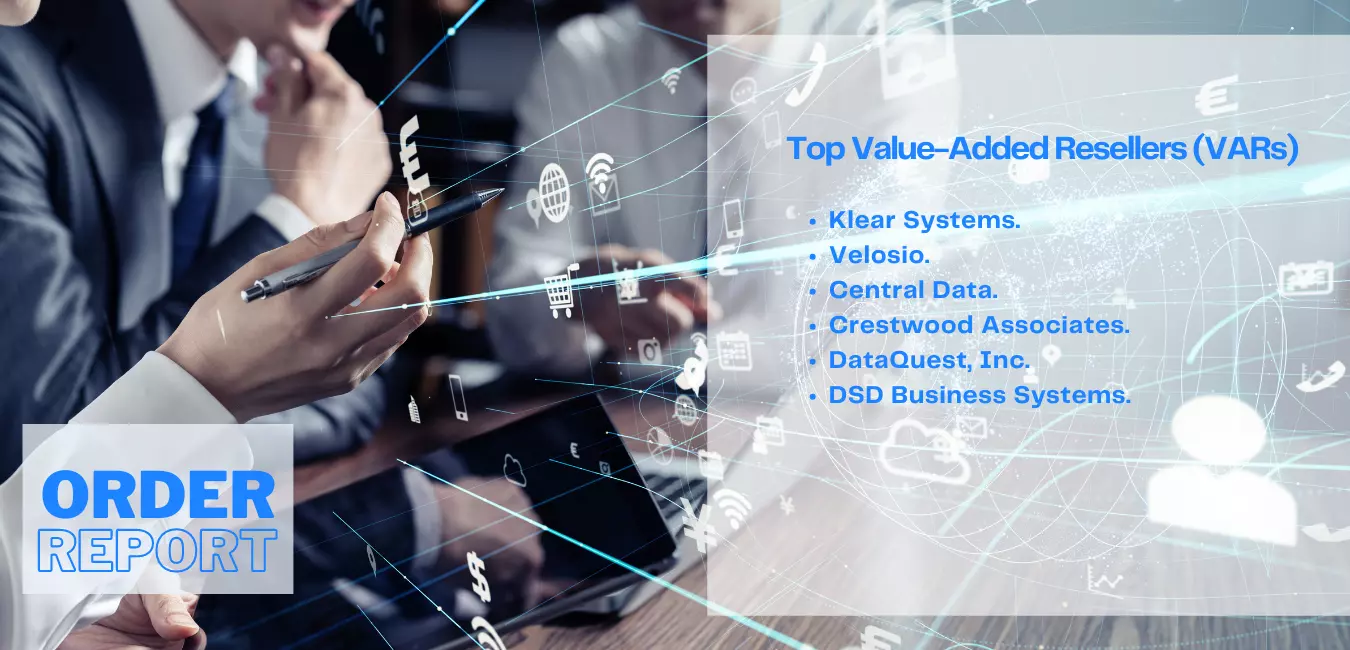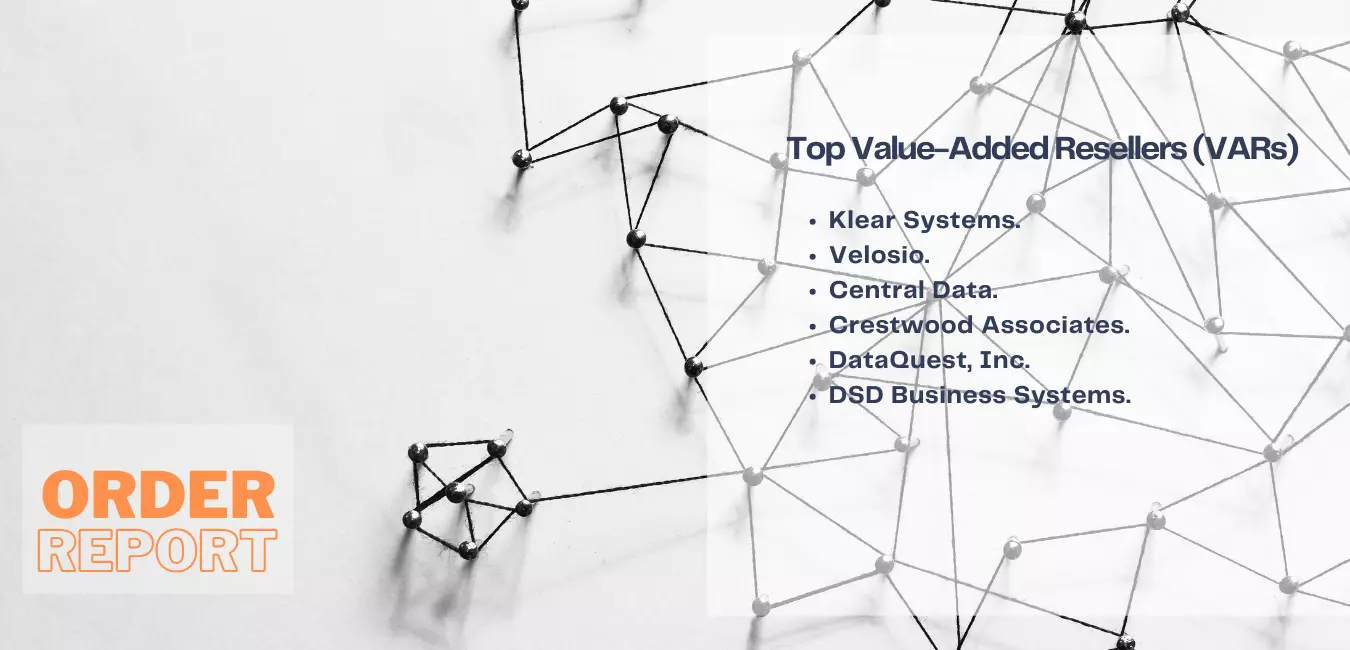VARs
Value Added Resellers (VARs)
A value-added reseller What is a VAR: (VAR) is a company or individual who adds value to a product or service by improving its features or services and reselling it to end users.
VARs typically specialise in specific industries or technologies and collaborate closely with vendors to provide customised solutions that address their customers’ specific needs. In addition to the products they resell, they may provide services such as product training, technical support, system integration, and maintenance.
VARs have a significant impact on the technology product and service distribution channel, and they can assist vendors in reaching new markets and increasing revenue streams. Simultaneously, VARs can offer customers a one-stop shop for technology products and services, as well as expert advice and support to assist them in making informed purchasing decisions.
A value-added reseller’s (VAR’s) value proposition is the added value they provide to both the vendors and customers they serve.
VARs provide an extended sales force for vendors, allowing them to reach new customers and markets, particularly those that require specialised expertise. They also provide a cost-effective way to provide pre-and post-sales support, training, and other services that would be impractical to provide directly to all customers.
Vendors can expand their customer base and increase sales revenue by partnering with VARs instead of investing in additional sales and marketing resources.
Value Proposition of VARs: VARs provide customers with a one-stop shop for technology products and services that can be tailored to their specific requirements. VARs can assist customers in selecting the right products and solutions, as well as provide training and support and assist with implementation and integration. Customers can save time and money while also gaining access to expert advice and support that they may not have in-house.
Overall, a VAR’s value proposition is based on its ability to provide a customised solution that meets the unique needs of both vendors and customers, as well as value-added services that improve the overall customer experience.

Key Factors for Choosing the Right VAR Partner
Define Your Goals & VAR Expectations.
Size, Scope, Years in Business, & Reputation.
Quality References.
Demonstrated Experience/Certifications.
Superior Service Delivery.
VARs Data Report includes:
- Contact Name
- Job Title
- Company Name
- Name
- Address, City, State, ZIP, Country
- Phone number
- Fax Number
- Website
- Email Address etc.
- Facebook Profile URL if any
- Twitter Profile URL if any
- Other Social media profile URLs if any
Choosing the right value-added reseller (VAR) partner is a critical decision that can impact the success of your business.
Here are some key factors to consider when selecting a VAR partner:
- Industry expertise: Look for a VAR that has experience and expertise in your industry and the technology products and services you need. A VAR that understands your business needs and can offer tailored solutions will be more effective in delivering value.
- Product portfolio: Make sure the VAR offers a comprehensive range of products and services that align with your business needs. A VAR with a broad portfolio can offer more options and ensure that you get the right solution for your needs.
- Technical expertise: Choose a VAR with a skilled and certified technical team that can provide pre-sales and post-sales support, as well as help with implementation, integration, and ongoing maintenance.
- Service quality: Look for a VAR that is committed to delivering high-quality service and support, and has a proven track record of customer satisfaction. Consider asking for references and case studies to validate their claims.
- Flexibility: Choose a VAR that is flexible and can adapt to your changing business needs. A VAR that is willing to work closely with you and customize their solutions can help you achieve your business objectives more effectively.
- Vendor partnerships: Consider the VAR’s relationships with technology vendors. A VAR that has strong partnerships with leading vendors can offer access to the latest technology products and services, as well as provide better support and pricing.
- Financial stability: Choose a VAR that is financially stable and has a long-term commitment to their business. This can ensure that they will be able to provide ongoing support and services for the life of your solution.
- By considering these key factors, you can choose the right VAR partner that can help you achieve your business goals and provide value-added solutions that meet your unique needs.



